With V Foundation funding, Assistant Professor Quanyin Hu aims to improve a cancer-killing hydrogel to improve outcomes for pediatric GBM patients.
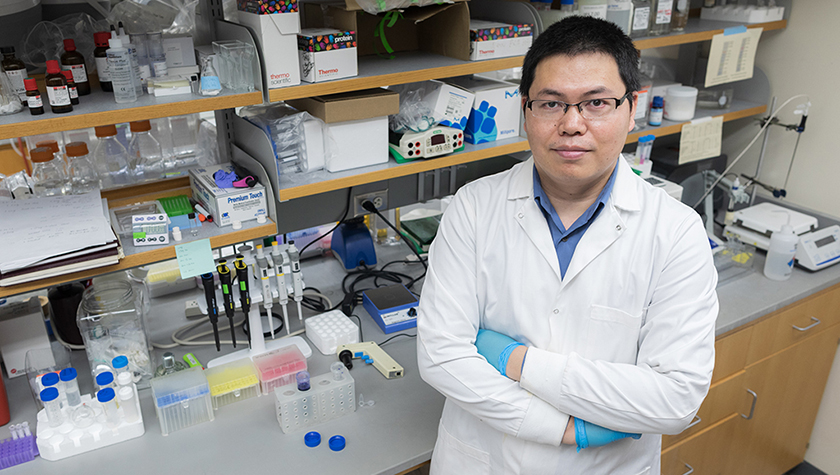

With V Foundation funding, Assistant Professor Quanyin Hu aims to improve a cancer-killing hydrogel to improve outcomes for pediatric GBM patients.
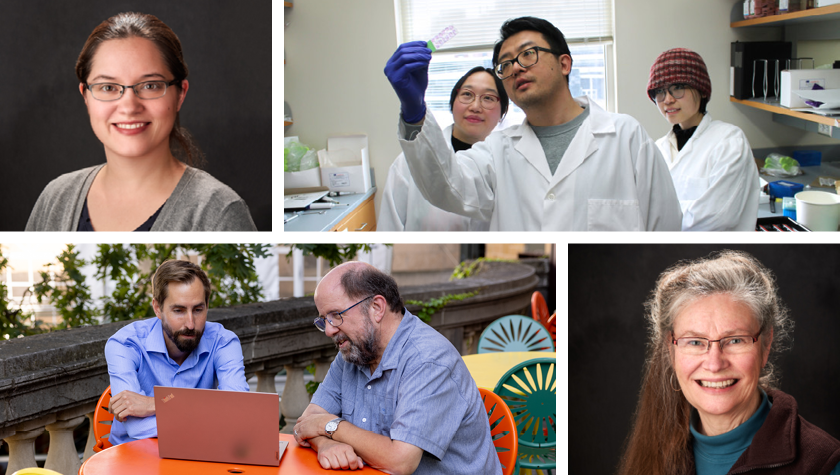
The School of Pharmacy is cultivating impactful interdisciplinary partnerships across campus and beyond By Archer Parquette From local nursing homes to global health, the University of Wisconsin–Madison School of Pharmacy is breaking barriers through innovative …
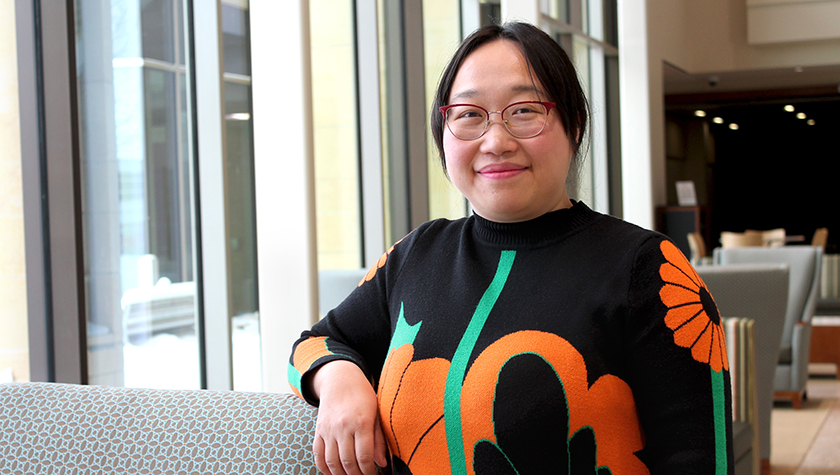
UW researchers find previously unknown links between microbial bile acids and the risk of colon cancer.
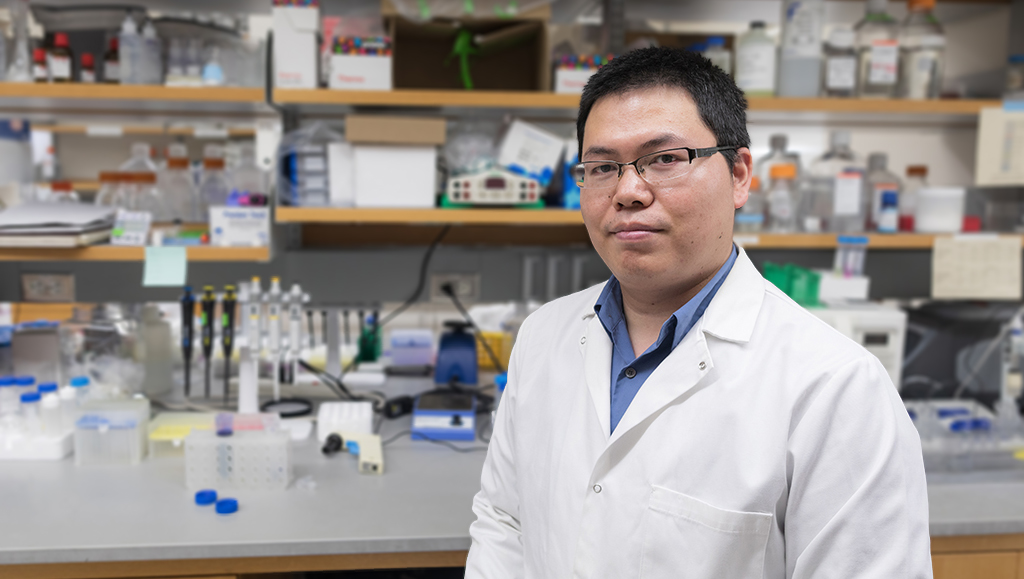
A cutting-edge platform developed by Assistant Professor Quanyin Hu uses protein-degrading platelets to suppress tumor regrowth and bolster immune response after surgery.

Groundbreaking research from School of Pharmacy faculty reveals alarming misuse of OTC medications by older adults and offers a simple solution.

Professors Timothy Bugni, Lingjun Li, and Weiping Tang have received UW–Madison grants to advance their innovative multidisciplinary research.
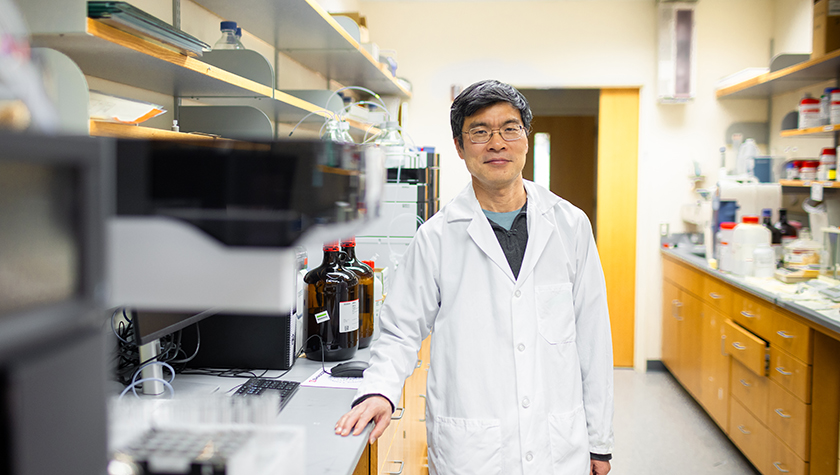
Professor Weiping Tang creates a new type of molecule to tag proteins on the surface of cancer cells for degradation.
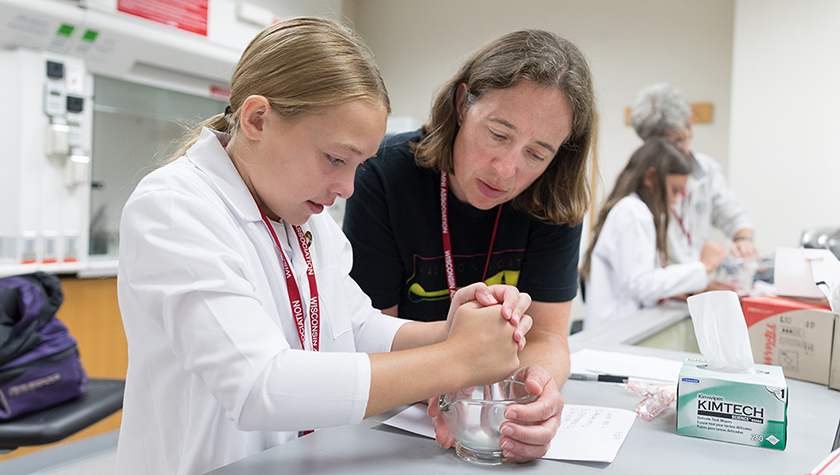
Alumna Kim Lintner (PharmD ’01) shares her experience at UW–Madison’s Grandparents University pharmacy major, which offers hands-on exploration for kids and alumni alike.
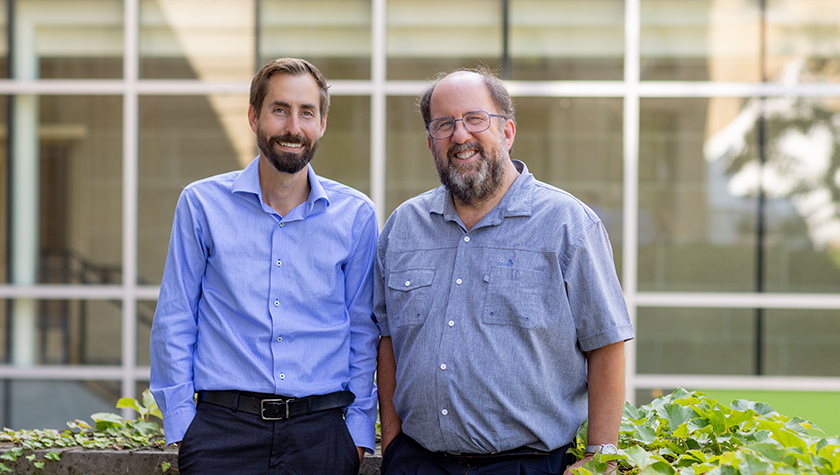
With an influx of federal aid, two School of Pharmacy professors — Jay Ford and Cody Wenthur — will empower Wisconsin pharmacies with new tools to prevent opioid deaths.

ACCP and AACP select Assistant Professor Marina Maes and Associate Professor Warren Rose for leadership trainings to enrich academic and clinical pharmacy.